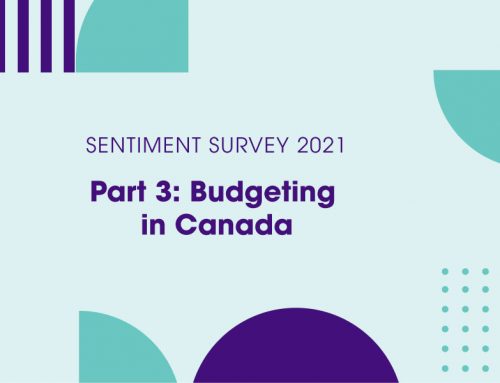When it comes to first-time homebuyers, many say that our urban housing market is the very reason they are being forced to looking into a move to the suburbs. Housing costs across Canada have a range but it is safe to say using $500,000 as a base price of a new home, many people believe they simply cannot afford to live near their work. While housing costs do drop the farther out from the city centre you travel, is moving to suburban communities with lower-priced homes a smart move?
Here are some key points to factor into monthly calculations before making a decision.
The Cost of Housing
Besides the perceived lower cost of living in the suburbs, another reason people say they want to move to the suburbs is the promise of additional living space. Trade a cramped city apartment for a stand-alone house with a yard sounds tempting but remember that more space comes at a cost.
For example, a suburbanite will pay more to heat and cool a 1,500 sq. ft. home than for a 700 sq. ft. studio apartment. If you choose a suburban home, you may need to rent or purchase yard tools and equipment, cover amenities (sewer service, garbage/recycling pickup) which may be more $100 per month apiece, pay annual taxes and property insurance.
Entertainment and Services
It is true that most of what people enjoy about downtown is more expensive – hair salons, work-out studios, nightlife, shopping, restaurants – but it is all literally within walking distance of the homes of people who chose to live there. Transportation needs are reduced to transit and taxis. There is no need to own a vehicle as rideshare companies such as Car2Go, flok, Evo, and Modo, dominate the city cores.
Those who have made the move to the suburbs quickly realize that most art, culture and entertainment are found downtown. If you work downtown, a weeknight event will cost you more than just the ticket. No time to drive home and back downtown, so add in the cost of staying downtown – food and drink, babysitter and/or dog walker, gas and tolls – to the cost of the evening.
The Cost of Commuting
In most cases, moving to the suburbs requires getting around with a vehicle and for a couple two vehicles will be necessary. Between the car payment, auto insurance, and maintenance, the cost for a single vehicle can easily hit $500 a month before fuel and toll costs are even added in. On top of that, all your errands, dining, and entertainment destinations are spread out adding parking costs to the total.
Emotional and Physical Toll
Too many people think of commuting as just part of the daily grind, a very neutral activity which only takes up time. They calculate their travel time and adjust their lifestyle to accommodate it. What they fail to factor in is a long commute is actually extremely detrimental to your physical and mental health. People with the longest commutes have the lowest levels of life satisfaction due to the stress and boredom of sitting in traffic and the resentment of time wasted when they could be doing just about anything else.
On the surface suburban life may seem more economical but there are several hidden costs involved that many people do not factor in. Instead they get caught up in the cost of housing and depending on where you choose to live; you may be spending more money to reside in the suburbs.






